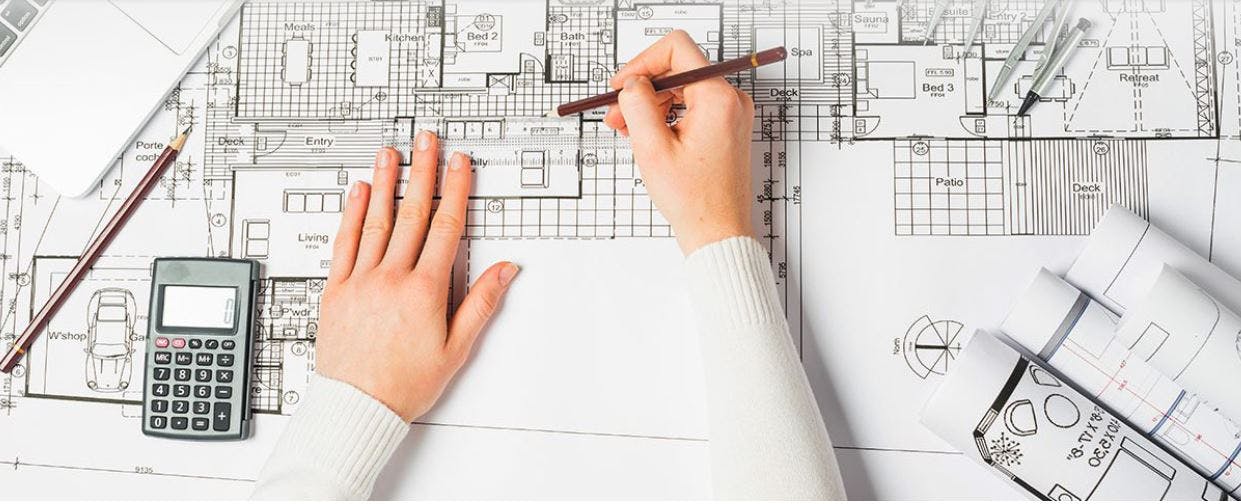What Are The Best Financing Options For Your ADU?

Home equity line of credit A homeowner's equity in their property serves as the foundation for a revolving credit line known as a "home equity line of credit" (HELOC). Once the lender has given the applicant approval up to a certain amount, the borrower is free to take out loans as needed to cover expenses. HELOCs are a desirable choice because they occasionally come with no fees for closing costs. In comparison to a standard first mortgage, the interest rate will probably be higher and variable. Upon completion of construction, the HELOC may be refinanced and merged with the main mortgage.
Cash-out refinance You might think about an outright mortgage loan rather than a home equity credit line. Do you own equity in your home? If so, take a cash-out to refinance into consideration. You can frequently borrow up to 80% or more of the value of your property, depending on your income and credit. You just borrow more money than you already owe and withdraw the cash difference. The ADU is then purchased with that cash. This is a choice that many find appealing due to low mortgage interest rates. ADU Ordinance have to understand about all the options.
Construction Loan A construction loan might be an excellent choice for ADU financing if you don't have much equity in your house. When construction is complete, the construction loan converts into an adjustable-rate mortgage (ARM), which is essentially a refinance of your first mortgage. The construction loan will pay for the costs of the building. Loan sizes vary from different ranges, with interest-only payments made while construction is underway. And no interest is required until the line is drawn down after the project is underway. Owner-occupied homes and rental homes can also apply for these loans.
Parting words: Apart from the options listed above, there are various other options for you. Hire a proper contractor, and they will guide you with everything. Give proper attention to their words and choose the right one.